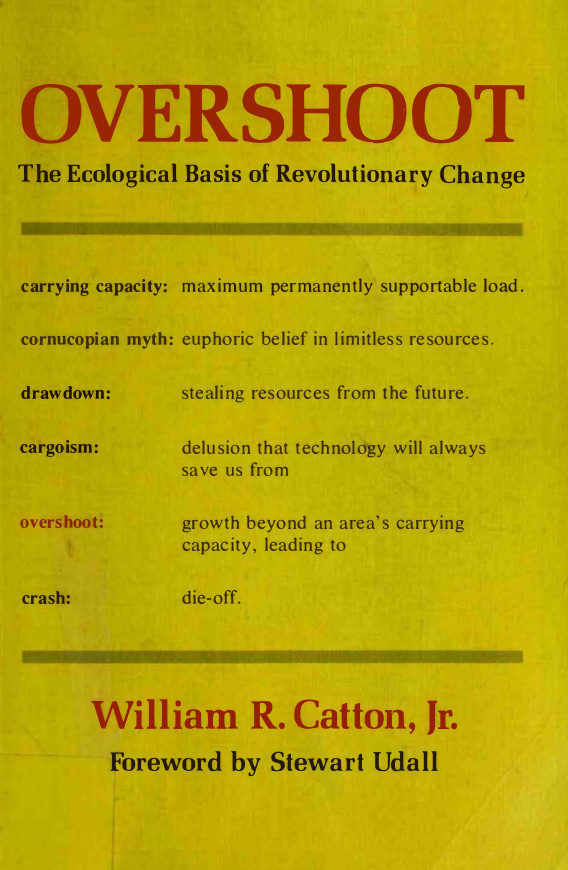Benjamin H. Bratton: The Stack: On Software and Sovereignty (2016)
Filed under book | Tags: · architecture, automation, city, cloud computing, computation, earth, geopolitics, infrastructure, interface, internet of things, software, software studies, technology, theory

“What has planetary-scale computation done to our geopolitical realities? It takes different forms at different scales—from energy and mineral sourcing and subterranean cloud infrastructure to urban software and massive universal addressing systems; from interfaces drawn by the augmentation of the hand and eye to users identified by self—quantification and the arrival of legions of sensors, algorithms, and robots. Together, how do these distort and deform modern political geographies and produce new territories in their own image?
In The Stack, Benjamin Bratton proposes that these different genres of computation—smart grids, cloud platforms, mobile apps, smart cities, the Internet of Things, automation—can be seen not as so many species evolving on their own, but as forming a coherent whole: an accidental megastructure called The Stack that is both a computational apparatus and a new governing architecture. We are inside The Stack and it is inside of us.
In an account that is both theoretical and technical, drawing on political philosophy, architectural theory, and software studies, Bratton explores six layers of The Stack: Earth, Cloud, City, Address, Interface, User. Each is mapped on its own terms and understood as a component within the larger whole built from hard and soft systems intermingling—not only computational forms but also social, human, and physical forces. This model, informed by the logic of the multilayered structure of protocol “stacks,” in which network technologies operate within a modular and vertical order, offers a comprehensive image of our emerging infrastructure and a platform for its ongoing reinvention.
The Stack is an interdisciplinary design brief for a new geopolitics that works with and for planetary-scale computation. Interweaving the continental, urban, and perceptual scales, it shows how we can better build, dwell within, communicate with, and govern our worlds.”
Publisher MIT Press, 2016
Software Studies series
ISBN 9780262029575, 026202957X
xx+502 pages
Reviews: Mercedes Bunz (Media Culture Society, 2016), Roger Whitson (2016), Marc Tuters (Computational Culture, 2017).
Commentary: McKenzie Wark (Public Seminar, 2016), Lukáš Likavčan (Hong Kong Review of Books, 2017; Artalk, CZ).
William R. Catton, Jr.: Overshoot: The Ecological Basis of Revolutionary Change (1980)
Filed under book | Tags: · biology, earth, ecology, environment, human ecology, sociology

This famous book outlines William R. Catton’s realization of “the urgent need for everyone, including sociologists, to recognize that our lifestyles, mores, institutions, patterns of interaction, values, and expectations are shaped by a cultural heritage that was formed in a time when carrying capacity exceeded the human load. A cultural heritage can outlast the conditions that produced it. That carrying capacity surplus is gone now, eroded both by population increase and immense techno-logical enlargement of per capita resource appetites and environmental impacts. Human life is now being lived in an era of deepening carrying capacity deficit. All of the familiar aspects of human societal life are under compelling pressure to change in this new era when the load increasingly exceeds the carrying capacities of many local regions—and of a finite planet. Social disorganization, friction, demoralization, and conflict will escalate.” (Catton, 2008)
Publisher University of Illinois Press, 1980
ISBN 0252009886
xvii+298 pages
PDF (16 MB, glossary missing)
Comment (0)Valerie Olson, Lisa Messeri: Beyond the Anthropocene: Un-Earthing an Epoch (2015)
Filed under paper | Tags: · anthropocene, earth, earth system, ecology, environment, extraterrestrial, geography, space
“As “the Anthropocene” emerges as a geological term and environmental analytic, this paper examines its emerging rhetorical topology. We show that Anthropocene narratives evince a macroscale division between an “inner” and “outer” environment. Th is division situates an Anthropocenic environment that matters in the surface zone between Earth’s subsurface and the extraterrestrial “outer spaces” that we address here. We review literature in the sciences and social sciences to show how contemporary environmental thinking has been informed by understandings of Earth’s broader planet-scaled environmental relations. Yet, today’s Anthropocene conversation draws analytic attention inward and downward. Bringing in literature from scholars who examine the role of the extraterrestrial and outer environmental perspectives in terrestrial worlds, we suggest that Anthropocenic theorizations can productively incorporate inclusive ways of thinking about environments that matter. We argue for keeping “Anthropocene” connected to its spatial absences and physical others, including those that are non-anthropos in the extreme.” (Abstract)
Published in Environment and Society, 6, 2015, pp 28-47
20 pages

